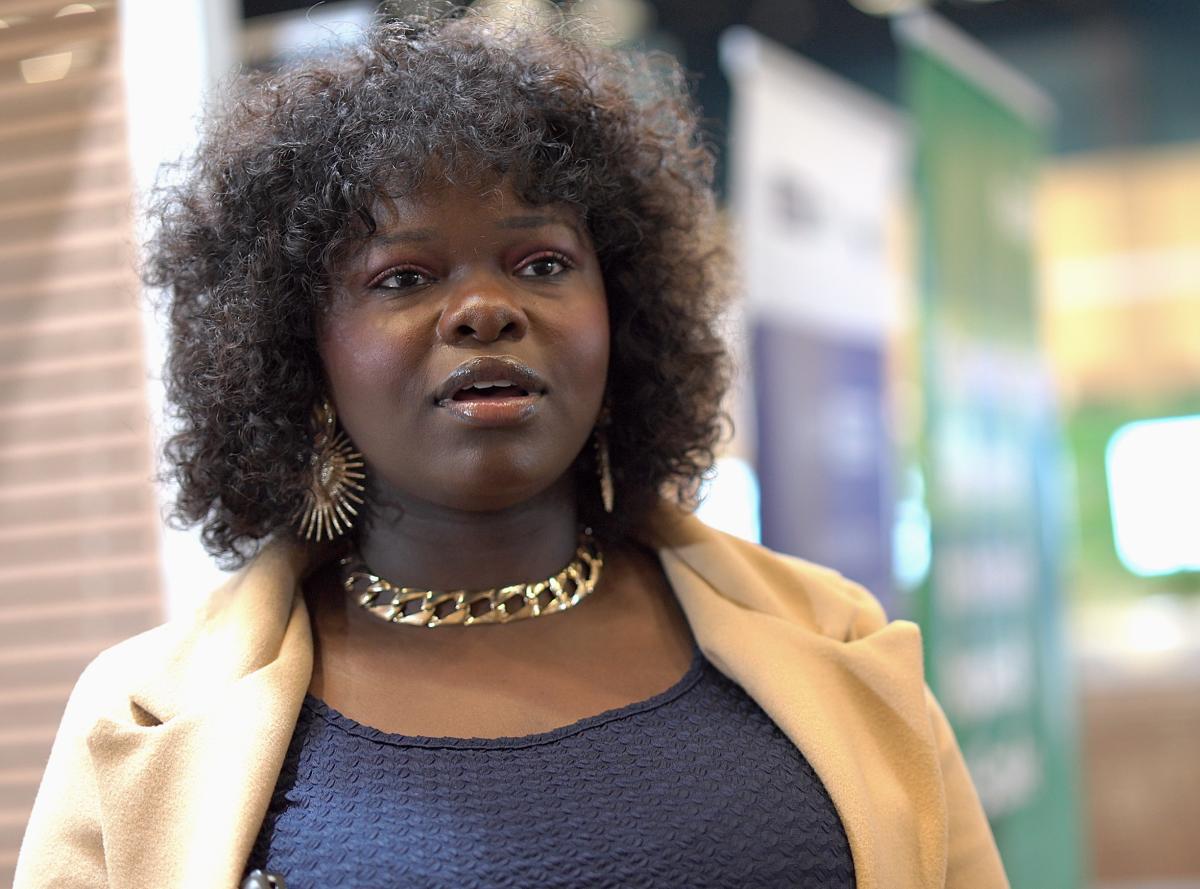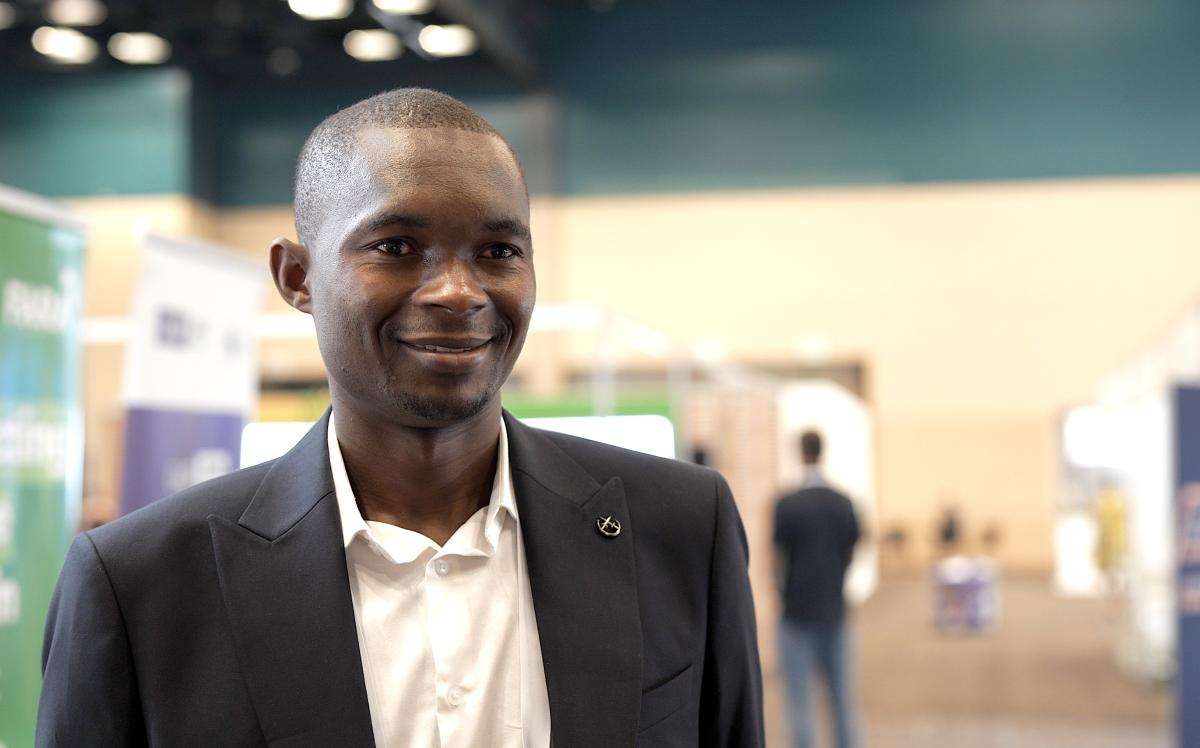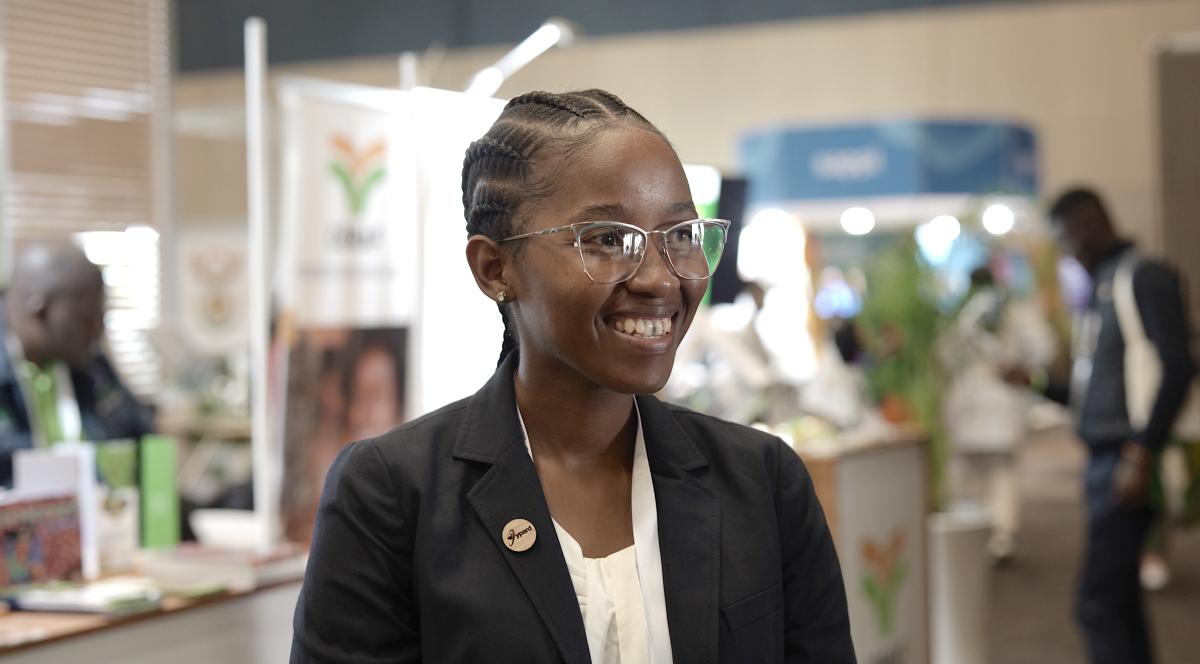
By Dorcas KABUYA
In a world grappling with the challenges of climate change, resource depletion and food insecurity, a silent revolution is taking place in the agricultural sector as young people across the globe are finding themselves drawn to agriculture.
Far from the stereotype of a greying farmer toiling in the fields, a generation of enthusiastic and environmentally conscious youths is taking up the mantle, revolutionising the agricultural landscape and spearheading initiatives for a sustainable future.
With an increasing number of young individuals choosing agripreneurship as their vocation, the perception of farming has shifted. A new wave of young entrepreneurs is seizing the opportunity to reshape the future of agriculture by viewing it as an arena brimming with innovation and untapped potential.
 Ms Lily Singano
Ms Lily Singano
Lily Singano, a 22-year-old young lady from Malawi, is one such example of youths who are taking agripreneurship seriously and trading under the brand Lily Meals.
Ms. Singano narrates that her drive to venture into agro-processing was spurred by the outbreak of the of COVID 19 which crippled the world, and access to basic commodities became a nightmare, especially for people with special needs.
“I started my business in 2021 at the pick of COVID-19 when almost everybody was in lockdown, but they still needed their staples. I developed a business idea to make several kinds of flour for people with special needs,” she recounts.
Ms Singano explained that her company working with the local elderly women in the community, processes flour from indigenous and forget crops such as sorghum, cassava and millet.
“I have created partnerships with medical Doctors who give me advice on the nutritional foods that people with special needs require.
 Mr Abel Hangoma
Mr Abel Hangoma
Another interesting young agripreneur is Abel Hangoma, a 31-year-old Zambian who moved from E and F. With a background in Computer Engineering, Abel left employment to create employment by venturing into Farming.
Mr Hangoma, commonly known as the Radical Farmer on Facebook, is into organic farming and narrates that the future is in farming, adding that it was high time youths seized the opportunity.
“People eat on a daily basis whether you like it or not, rich or poor and food is not for free. When you are dealing with food, you are rest assured that someone, somewhere, is a potential consumer,” he noted.
Mr Hangoma reaffirmed that venturing into the agricultural space was the right way to go adding that if farmers do not find customers, at least they will be food secure at the household level.
He further added that the world was at a phase where there were a lot of challenges associated with food insecurity, and climate change, among others.
“We need to look at the realities of life and see things as they are; we need to create a sustainable model that nourishes both people and the planet. This is what motivated me to grow food organically because I wanted to be part of the solution,” he echoed.
Mr Hangoma discovered that fertilisers, pest management, and water were some of the factors that hindered people from going into organic farming, and he began researching and sharing organic innovations using Facebook.
He lamented that most youths were not going into agriculture due to a lack of role models stating that youths do not venture into something where they are certain that there is poverty, and this pushed him to become one.

Ms Nkosephayo Manyatsi
The growing interest among young people in agriculture has also led to the rise of sustainable farming collectives. These community-based initiatives focus on supporting local food systems and enhancing food security. One such collective is Smiling Through, from the Kingdom of Eswatini.
Ms Nkosephayo Manyatsi is a 27-year young female who is a Food Science and Technology Specialist who is passionate about nutrition. This resulted in her venturing into bean production from basics to value addition.
“We produce bean jams, bean flours, cooked frozen beans, and these are basically functional foods that we are promoting to curb the malnutrition situation going on in most parts of the country,” she stated.
Ms Manyatsi noted that being in the agricultural space had provided her with an opportunity to create networks with different people in society to try and address the challenges faced through the out-grower model.
“Our farm is Global Gap certified; we work with about 100 young farmers in the rural communities and provide them with seeds and other inputs needed to grow the crop,” she explained.
Ms. Manyatsi elaborated that the farm is called Smiling Through, located in the rural part of the country to bridge the transportation gap which most farmer encounter after harvesting their crops.
These forward-thinking youths are not only revitalising the industry but also forging a path towards a greener and more food-secure tomorrow.
If more youths venture into agripreneurship, even if Africa has not yet reached a stage where it can manufacture planes, surely it can fill those planes with food and feed the world, as African Development Bank President Akinwumi Adesina alluded to.
The youths are grateful to CCARDESA for providing them with an opportunity to network with the Gurus in the agricultural space from various spheres at the just-ended 8th Africa Agribusiness Science Week held in Durban, South Africa.
Abel Hangoma quote: If we distance ourselves from the agricultural Gurus, there will be no chance for learning.
Nkosephayo Manyatsi quote: I am thrilled at the efforts from various stakeholders at the Science Week in addressing issues of poverty and hunger through agriculture.
Lily Singano quote: I was here just to network and share ideas and gain practical knowledge of how I can gain better markets.
The author is an Agriculture Information Officer at the National Agricultural Information Services. She is also CCARDESA Information, Communication and Knowledge Management (ICKM) focal point person for Zambia.





